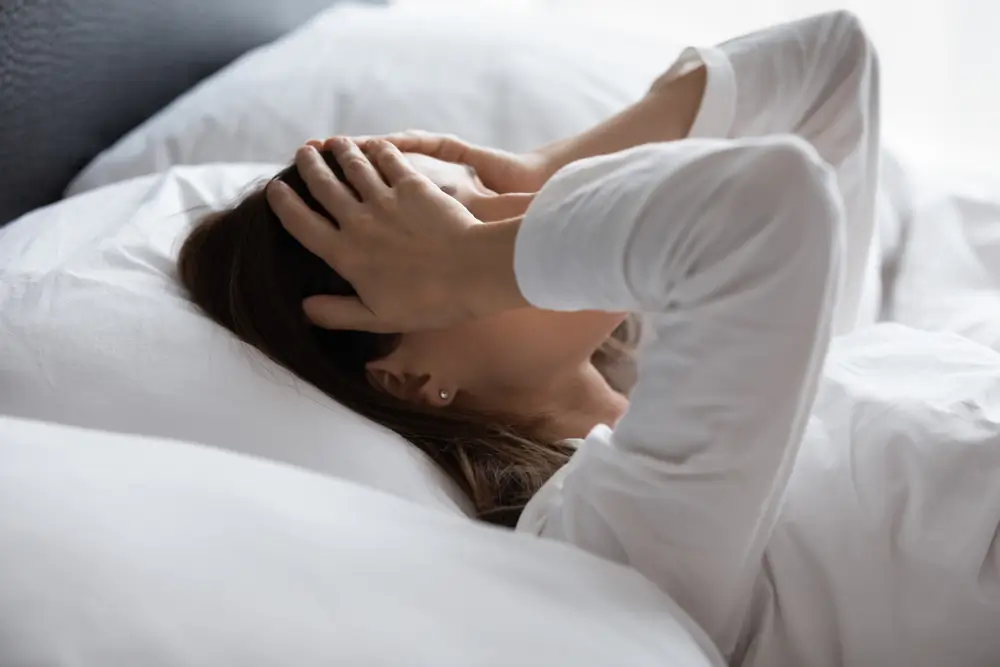Escaping the clutches of alcohol addiction is not a walk in the park. But once you quit, your body immediately kickstarts its detox journey. Moderate drinkers experience several health improvements – including regaining hormonal balance – within a few weeks. Severe alcohol abuse, on the other hand, can take years for hormones to gain full balance.
While no two people experience the same recovery process, quitting alcohol certainly places several mental and physical rewards every step of the way.
Your Body After Alcohol Abuse
The longer you use alcohol or any other substance, the more severe the effects your body faces.
The chemicals you consume in alcohol hitch a ride on your cell receptors, releasing colossal amounts of dopamine along the way. The result is typically a euphoric high. Your body cannot produce high levels of euphoria on its own and eventually craves more alcohol. This craving then translates into addiction.
Alcohol addiction jeopardizes your body’s chemical balance, manifesting in several health disorders.
The short-term effects of alcohol consumption on hormones include:
- Damage to your body’s reward system.
- Heightened cravings for alcohol.
- An increased possibility of depression and anxiety disorders.
The long-term effects of alcohol abuse on hormones include:
- An increase in the production of cortisol (or the stress hormone).
- Impairment of the immune system and metabolism.
- Increased risks of heart disease and liver diseases like cirrhosis.
- Increased blood pressure.
- Brain shrinkage in the frontal lobe
- The natural production of dopamine halts
- The production of progesterone shrinks
- Thiamine reduction increases, eventually increasing the risk of Wernicke-Korsakoff Syndrome
Read more: 8 Ways To Get Through Severe Anxiety After Getting Sober.

Signs of Hormonal Imbalance
Hormonal imbalances manifest differently in men and women. Men with hormonal imbalances may face loss in body mass, hair loss, enlarged breasts, and erectile dysfunction. Women may experience hot flashes, changes in periods, vaginal dryness, and increased body hair. Here are a few signs of hormonal imbalances to watch out for:
- Aches and pains
- Low energy levels
- Skin issues like acne or dry skin
- Infertility
- Brain fog
- Changes in heart rhythm
- Decreased sex drive
- Constant headaches
- Changes in sleep patterns
- Issues regulating body temperature
- Anxiety and depression
- Unexplained weight gain or loss
- Digestive issues
Fortunately, all these changes can be reduced with the right professional help, lifestyle changes, and healthy eating habits.

Hormone Balance After Quitting Alcohol: A General Timeline
Alcohol abuse can be catastrophic for your system. It lowers the production of progesterone and boosts the levels of estrogen. When out of balance, these two hormones can negatively impact fertility and menstruation. Even moderate consumption of alcohol heightens the risk of breast cancer by 30 to 50%. Alcohol also targets testosterone levels in men. This can result in complications like depression, impaired sexual function, and more.
Once you quit drinking alcohol, you can expect to shift your body “back to normal” with small, consistent steps. This includes cleansing yourself from all alcohol-induced toxins and learning to journey through life without alcohol. Here’s a general alcohol recovery timeline:
- 5 to 10 hours: This is when withdrawal symptoms begin to appear, especially for long-term addiction. Individuals may experience intense cravings that are difficult to resist. Withdrawal symptoms include nausea, vomiting, tremors, insomnia, fluctuating blood pressure, sweating, anxiety, and more.
- 12 to 24 hours: This is when symptoms intensify further and alcohol cravings peak. Individuals may also experience additional symptoms, such as hallucinations.
- 1 to 2 days: Individuals with mild symptoms often see a reduction in symptoms around day two, whereas those with stronger symptoms take some more time to recover.
- 2 to 3 days: Individuals with severe addiction see their symptoms heighten around day three. This time is often the most challenging because this is when the symptom “delirium tremens” begins. Without the right support, this time may even cause death.
- After 3 days: Most individuals notice withdrawal symptoms start to fade in 3 to 4 days. Those with severe addictions typically need longer to taper off their symptoms.
How long for hormones to balance after quitting alcohol? The answer differs for different individuals. No two bodies are the same, and the time for hormones to balance can differ for everyone. In extreme cases, it can take several years to get the body back to normal.

Begin Your Journey to Recovery with Launch Centers
At Launch Centers, we are committed to helping you or your loved one succeed in recovery. Once you arrive at our addiction treatment center in Los Angeles, we run a thorough assessment based on the severity of your condition and design a tailor-made program for you. We target the root cause of the issue to put you on the fast track to recovery. With us, help is just a few taps away. Contact us now to kickstart your recovery.





